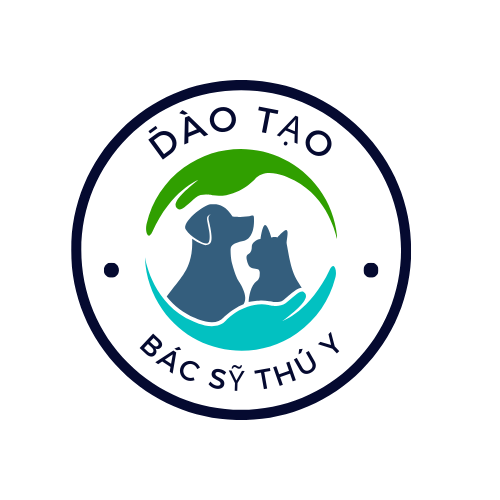The travel industry in 2025 stands at a turning point of advancement and responsibility. As global tourism rebounds to pre-pandemic levels, travelers and industry stakeholders alike are maneuvering a landscape transformed by sustainability imperatives, digital innovations, and shifting consumer preferences.
## Green and Eco-Conscious Travel
The imperative for sustainability has become a bedrock of modern travel. By 2025, the tourism sector is projected to generate 6.5 billion metric tons of greenhouse gases, necessitating immediate measures. Destinations like Costa Rica and Bhutan are spearheading this charge, with the latter maintaining its status as the world’s only climate-positive country through strict visitor caps.
Revitalizing tourism models, such as New Zealand’s Māori-led green adventures, are gaining traction. These initiatives reflect a broader shift: 73% of travelers now prefer brands with strong environmental policies.
## Customization and Personalized Adventures
Luxury travel in 2025 is synonymous with ultra-tailoring. Selective visitors seek transformative journeys adapted to their unique interests. Companies like LuxGroup emphasize “conscientious indulgence,” blending indulgence with cultural immersion.
Artificial Intelligence is reshaping trip planning, enabling adaptive schedules that adjust to instantaneous choices. This trend matches findings that 64% of luxury travelers prefer customized deals over cookie-cutter options.
## Avoiding Overtourism Through Ingenuity
Overtourism remains a significant problem, prompting travelers to seek “substitute spots” and off-peak travel. Cities like Ljubljana are alleviating congestion through vehicle-restricted areas and pedal transportation systems.
Administrations are taking action; Amsterdam and Majorca have implemented tourist limits and etiquette standards to protect local ecosystems.
## Technology’s Role in Seamless Exploration
AI’s influence spreads beyond personalization into business productivity. AI agents handle 24/7 customer inquiries, while forecasting algorithms optimize flight schedules and hotel pricing. Digital simulations previews allow travelers to “trial” destinations before booking.
Mobile platforms like Seven Corners optimize trip management, offering live information on weather, crowds, and transportation delays. Cryptographic recordkeeping enhances transparency in carbon offset programs.
## Prolonged Trips and Cultural Immersion
The era of hectic vacations is fading. Luxury travelers are commonly opting for two-week stays to intensify cultural connections. Families are increasingly embracing “workations,” blending remote work with prolonged visits.
## Event-Driven Travel and Novel Experiences
“Gig-tripping” has exploded, with fans traveling worldwide for major events. Celestial tourism—exemplified by stargazing in Chile’s Atacama Desert—reflects expanding appeal in celestial phenomena.
## Wellness and Tech-Free Breaks
Health-focused travel is evolving beyond wellness centers to encompass comprehensive wellness. Digital detoxes combine mindfulness with farm-fresh meals, aligning with a 95% increase in demand for health-oriented itineraries.
## Monetary Tactics and Value-Conscious Travel
Travelers are leveraging loyalty programs and bundled offers to enhance benefits. Credit card rewards are being strategically redeemed for enhancements, reflecting a shift toward “strategic indulgence”.
## Summary
The travel landscape of 2025 is defined by its duality: a yearning for exploration tempered by ethical accountability. As destinations balance advancement with protection, stakeholders can ensure tourism remains a connection—not a impediment—to a more connected and conscientious world.
